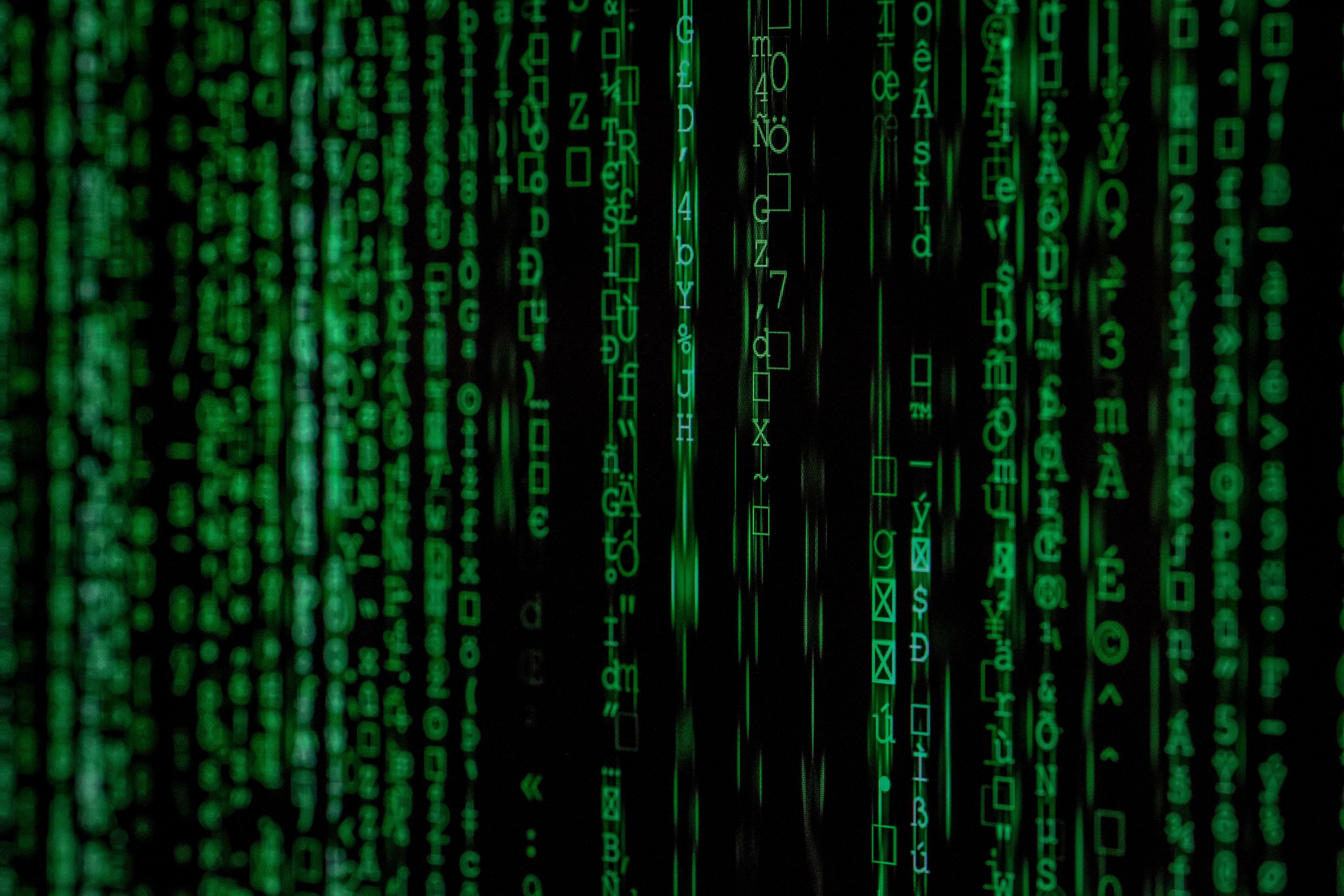The Scope of Technology Law

The more we progress as a society, the faster technology develops- and the more intertwined it is in our lives.
Some say that tech is the future. Some say “If it ain’t broke, don’t fix it”- the traditional methods will remain relevant no matter the tech updates available. And some folks (who may have binge-watched the Terminator series a few times too many) remain wary of technology developments- preferring to stick to the (mostly) “good old-fashioned way” of doing things.
Like it or not however, technology and its developments have always been a major part of civilisation- just ask the guy who invented the wheel! And the latest in technological developments have led to huge leaps in the growth of areas such as business & entrepreneurship, finance, communications, and more.
But with all these developments come new concerns such as- information security, privacy, and increased opportunities for scams and/or commercial negligence. And here, ladies, gents and others, is where technology law comes in.



Put simply, technology law covers the area of tech, its development, and potential ramifications. Its focus is on developing the framework for the collection, storage, dissemination and uses of information within a digital space.
Seems pretty simple right? Maybe- but what also needs to be factored in is that technology law matches the pace of its development- it’s a field which is constantly evolving, with numerous new perspectives to consider.
A key example is in the area of software development and licensing. As a key component of many business organisations, software licensing and updates prove to be a lucrative field for developers- with MANY opportunities for exploitation in the bargain. To ensure a fair market, tech. law often serves as a regulatory guideline- standardising areas such as software installation, trouble-shooting and warranties.
Technology law also covers intellectual property rights- covering complicated areas such as ownership of intangible property (i.e. ownership of ideas, creative copyrights, patents, and trade secrets).
An example of how this works with regular IP law: An author (A) may sign a contract to write a series of print novels (i.e. hard copies of their work). However, in the event that something happens to A, will the publisher be able to continue the series with a different author all together?
In the context of technology law, new concerns that might pop up may be in line with the following situation:
While A’s contract sets out that they will be writing a hard copy of their work, what happens if their publisher decides to either:
- Release said books in the form of an e-book?
- Create an audiobook version narrated by a well-known actor?



And so on. In scenarios such as these, electronic rights under technology law help protect the work of creatives and their rights to their work by:
- Setting out how a work will be distributed (in clear terms, to ALL parties).
- Setting out the percentage of royalties going directly to the creator.
While considered a relatively new field, technology law is also an ever-growing one, with a wide-range of post-graduate programmes available to ease your way in to the field. And with the almost non-stop barrage of tech developments coming up, it’s clear that tech law will be a key component in nearly every judicial system before long.